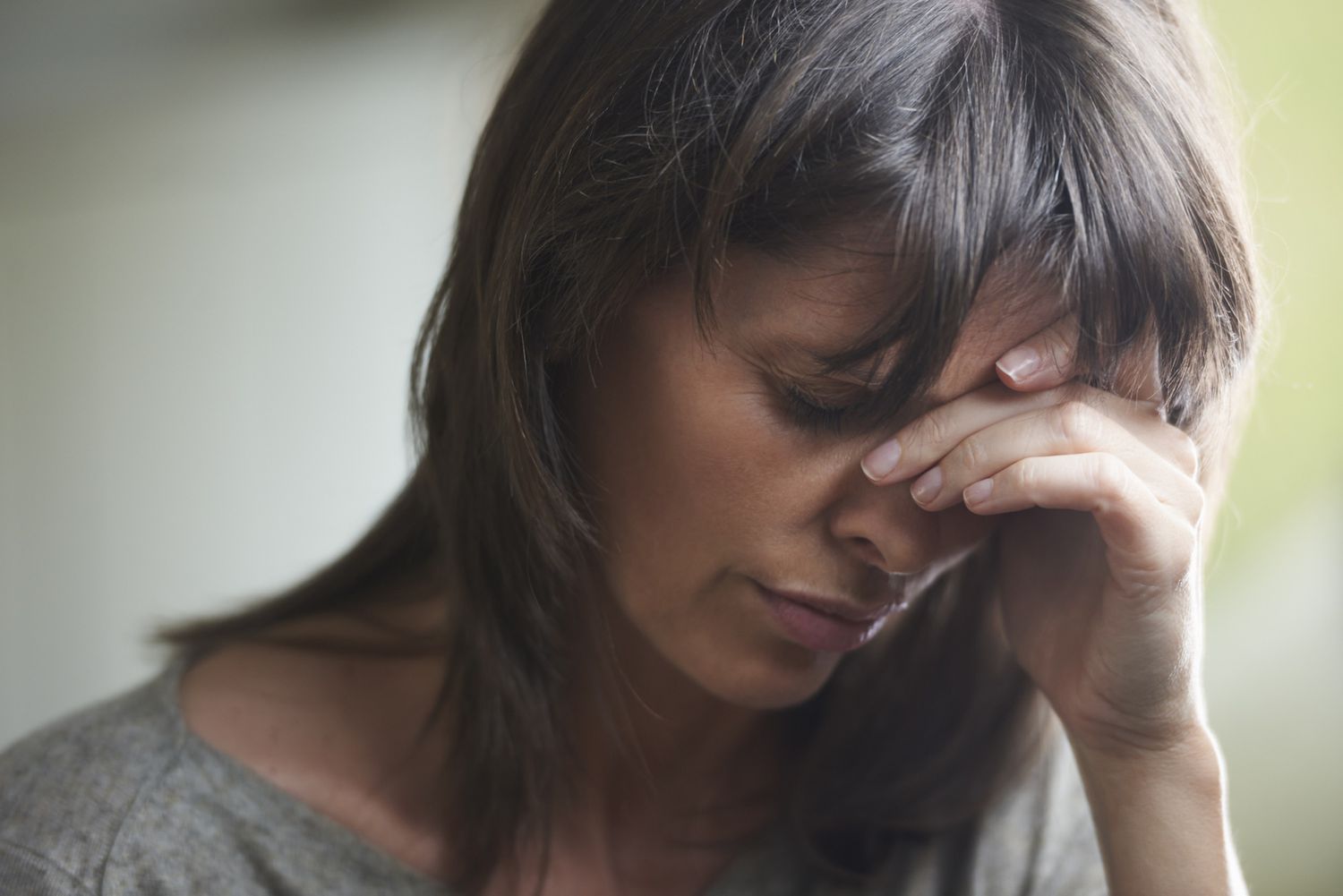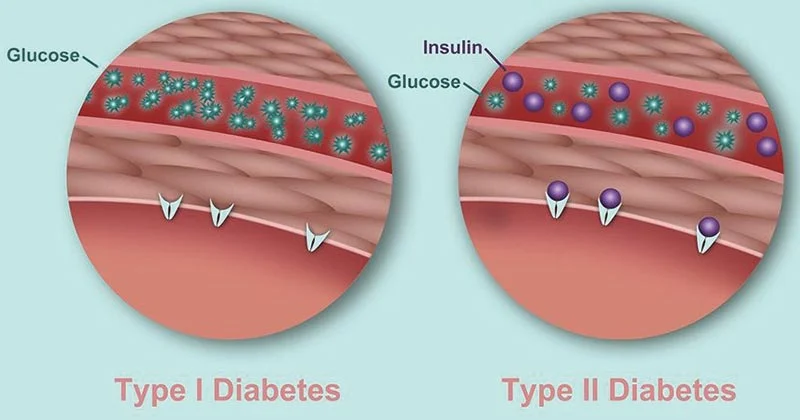Depression isn’t just a bad day or a passing mood—it’s a serious medical condition that affects how you feel, think, and function in daily life. The good news? Depression is treatable, and you don’t have to go through it alone.
Whether you’re struggling with persistent sadness, loss of interest, fatigue, or overwhelming thoughts, there are practical steps you can take to start managing depression and moving toward healing.
1. Acknowledge What You’re Feeling
The first and most courageous step is to recognize that something isn’t right. Depression can make you feel numb, exhausted, or even ashamed—but remember, your feelings are valid.
🔹 It’s okay not to be okay.
Mental health matters just as much as physical health.
2. Talk to Someone You Trust
You don’t have to go through this in silence. Reach out to a friend, family member, mentor, or therapist. Saying, “I’m not doing well lately,” can be a powerful step toward healing.
🗣️ Talking helps lighten the emotional load, and having support can make all the difference.
3. Seek Professional Help
Depression isn’t something you can always “snap out of.” A licensed mental health professional can help you explore:
- Therapy (like cognitive behavioral therapy or talk therapy)
- Medication if needed
- Coping techniques tailored to your situation
📅 Even booking one appointment is a step forward. You deserve support.
4. Create a Simple Daily Routine
Depression can drain your energy and motivation. A basic daily routine helps bring structure and small wins to your day.
Try this:
- Wake up and sleep at the same time
- Eat at regular intervals
- Set one simple goal each day (like taking a short walk or calling a friend)
🎯 Focus on progress, not perfection.
5. Move Your Body—Even Just a Little
Exercise might feel impossible when you’re depressed, but even gentle movement can release endorphins (feel-good chemicals in your brain).
💡 Start small:
- A 10-minute walk outside
- Stretching in your room
- Dancing to your favorite music
Movement helps lift your mood—even if it’s just a little at a time.
6. Practice Self-Compassion
Depression often comes with harsh self-judgment. But here’s the truth:
You are not lazy. You are not weak. You are dealing with something real.
💬 Be gentle with yourself. If all you did today was survive, that’s enough.
7. Avoid Isolation
It’s tempting to withdraw from the world, but isolation can make depression worse. You don’t need to socialize constantly—just staying connected helps.
- Send a message to someone
- Join an online support group
- Spend time with a pet or loved one
Human connection is healing.
8. Monitor Your Thoughts
Depression can twist your thinking. You may believe things like “I’m a burden” or “Nothing will ever get better.”
🧠 Try to notice and challenge those thoughts:
- Is this thought true?
- Would I say this to a friend?
- Is there another way to look at it?
Therapy can help you reframe these patterns over time.
9. Limit Negativity (Online and Offline)
Social media, bad news, or toxic people can drain your mental energy. It’s okay to set boundaries.
Try:
- Taking a break from screens
- Unfollowing triggering accounts
- Saying “no” to situations that overwhelm you
Protect your peace.
10. Celebrate Small Wins
Getting out of bed? That’s a win. Taking a shower? Another win. Depression makes everyday tasks feel huge—so every effort counts.
🌟 Keep a “done” list instead of a to-do list. Focus on what you did, not what you didn’t.
Final Thoughts: Healing Takes Time, and That’s Okay
Depression recovery is not linear. Some days are better, others are harder—but you are not alone in this.
With the right support, tools, and patience, you can feel better. One step, one breath, one day at a time.
🧡 You are worth the effort it takes to heal.





